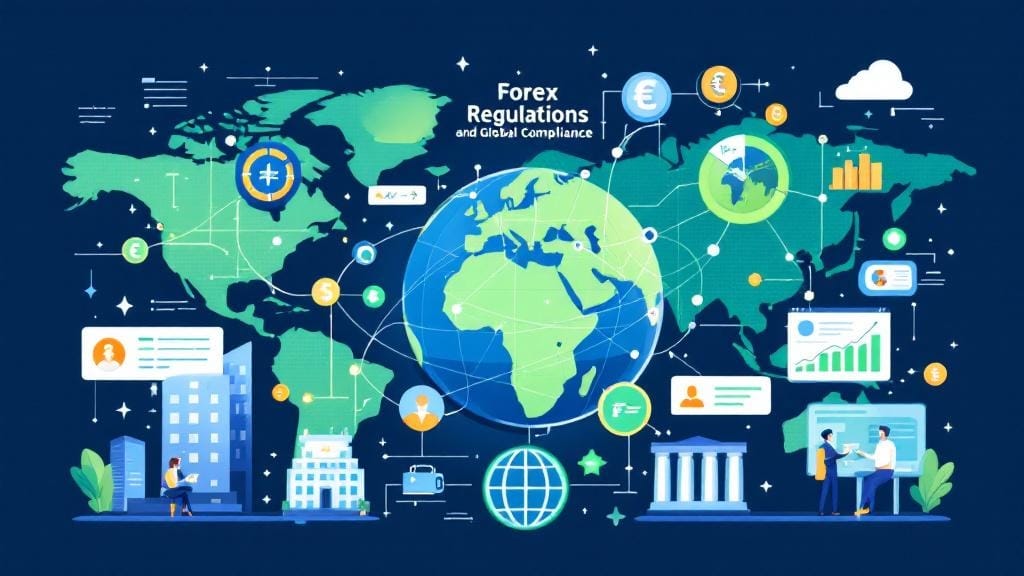In today’s uncertain financial landscape, falling behind on bills is more common than most people think. But one thing no one wants to deal with is the constant stress of debt collectors hounding them day and night. If you’re worried about getting that dreaded call or letter, this guide is for you.
This post will help you understand how to avoid debt collectors, stay ahead of the system, and protect your legal rights — all while working toward financial stability. We’ll cover strategies, consumer protections, and tips to deal with (or better yet, avoid) collection agencies entirely.
💡 Why It’s Important to Avoid Debt Collectors
Dealing with debt collectors can be emotionally draining and financially damaging. Not only can it affect your credit report, but it may also lead to:
-
Stress and anxiety
-
Lost income from wage garnishments
-
Legal actions if debts are not addressed
-
Persistent and harassing collection agency calls
That’s why knowing how to avoid debt collectors legally and responsibly is key.
🚨 Understand What Triggers Debt Collection
Before learning how to avoid it, you need to know how debt gets to a collection agency in the first place.
Most companies send unpaid bills to collections after 90–180 days of non-payment. These include:
-
Credit card bills
-
Medical bills
-
Personal loans
-
Utility bills
-
Auto loans
Once in collections, the debt can either be handled by the company itself or sold to a third-party collection agency.
🛡️ Know Your Rights Under the FDCPA
The Fair Debt Collection Practices Act (FDCPA) is a federal law that protects consumers from abusive and deceptive tactics by debt collectors.
Here’s what debt collectors cannot do:
-
Call before 8 a.m. or after 9 p.m.
-
Contact you at work if you ask them not to
-
Use threats, intimidation, or abusive language
-
Call you repeatedly to harass you
-
Misrepresent the amount you owe
-
Talk about your debt with others (like family or employers)
Tip: If a collector violates any of these rules, you can file a complaint with the Consumer Financial Protection Bureau (CFPB).
✅ 10 Smart Tips on How to Avoid Debt Collectors (Legally)
1. Stay on Top of Your Bills
The best way to avoid debt collectors is to never fall behind. Set reminders or use apps to pay bills on time, even if it’s just the minimum amount due.
2. Negotiate Directly With Creditors
If you’re struggling to pay, contact your lender before they send the debt to collections. Many companies offer:
-
Payment plans
-
Temporary hardship programs
-
Reduced interest rates
This proactive approach can stop your debt from ever reaching a collection agency.
3. Know the Statute of Limitations on Debt
Each state has a statute of limitations that limits how long a creditor can sue you for unpaid debts — typically 3 to 6 years.
Important: Making a payment or acknowledging the debt can restart the clock. So be careful with what you say or sign.
4. Request a Debt Validation Letter
If a collector contacts you, ask for a debt validation letter. This legally requires them to prove:
-
That you owe the debt
-
The amount owed
-
That they have the right to collect it
If they can’t provide this within 30 days, they must stop collecting.
5. Send a Cease and Desist Letter
Tired of endless calls? You can send a cease and desist letter to block communication from the debt collector. Once received, they’re only allowed to contact you to:
-
Confirm they won’t contact you again
-
Inform you of legal action
Note: This doesn’t erase the debt, but it stops debt collectors from calling.
6. Don’t Ignore Collection Notices
Ignoring calls or letters can make things worse. Respond quickly with a debt validation request or a settlement offer to avoid escalations like lawsuits or wage garnishments.
7. Review Your Credit Report
Debt in collections can seriously hurt your credit score. Get a free copy of your credit report at AnnualCreditReport.com and review it for:
-
Inaccurate accounts
-
Duplicate listings
-
Paid debts still marked as unpaid
Dispute any incorrect information to protect your financial reputation.
8. Explore Debt Settlement Options
If you have multiple debts, consider a debt settlement plan. This involves negotiating with creditors to pay less than what you owe — often in a lump sum.
Be sure to get everything in writing before sending any money.
9. Consider Debt Forgiveness Programs
Depending on your situation, you may qualify for debt forgiveness programs. These are typically offered to:
-
Low-income individuals
-
Veterans
-
Seniors
-
Victims of fraud
Check with local non-profits or government programs for assistance.
10. Work With a Credit Counselor
A certified credit counselor can help you create a realistic budget, negotiate with creditors, and avoid debt collection harassment altogether.
Look for organizations affiliated with NFCC (National Foundation for Credit Counseling).
🚫 What NOT to Do When Avoiding Debt Collectors
-
Don’t lie or fake your identity — it’s illegal and can backfire.
-
Don’t ignore court summons — missing a court date could lead to automatic judgments.
-
Don’t make random payments — it could reset the statute of limitations.
-
Don’t give collectors access to your bank account — they might attempt unauthorized withdrawals.
📱 How to Stop Debt Collectors from Calling You Constantly
If you’re constantly getting collection agency calls, try the following:
-
Block their number on your phone
-
Send a cease and desist letter
-
File a complaint with the FTC or CFPB
-
Use apps that screen spam or robocalls
These methods are all legal ways to block debt collector calls and reduce harassment.
📄 Sample Cease and Desist Letter Template
Send via certified mail with return receipt.
❓ FAQs About Avoiding Debt Collectors
1. What to do if debt collectors call me?
Politely ask for a debt validation letter and hang up. Don’t admit to owing the debt or agree to pay without documentation.
2. Can you legally avoid paying debt?
Yes — in some cases, such as when the statute of limitations has expired or if the debt is invalid. But ignoring debt isn’t a long-term solution.
3. How can I block debt collector calls legally?
Send a cease and desist letter, use spam call-blocking apps, or notify the collector in writing that you do not want to be contacted.
4. Is negotiating with debt collectors a good idea?
Absolutely. You can often settle for less than you owe. Just make sure the agreement is in writing and keep records of payment.
5. Will avoiding collectors hurt my credit?
Debt that reaches collections can already damage your score. However, resolving it through payment, dispute, or settlement can reduce future damage.
6. Do debt collectors have to stop if I tell them to?
Yes, if you send a written request, they must stop contacting you — unless they’re taking legal action, which they must also notify you about.
7. What happens if I never pay a debt?
Unpaid debts may be sold multiple times, reported to credit bureaus, or lead to lawsuits. However, time limits and consumer laws can protect you.
🧾 Conclusion: Protect Your Peace and Your Wallet
Knowing how to avoid debt collectors is about more than just dodging phone calls. It’s about being proactive, informed, and empowered.
By staying on top of your finances, understanding your rights under the FDCPA, and using smart debt collector avoidance strategies, you can protect your credit and your sanity.
If you’re already in collections, don’t panic. Use the tools above — from validation letters to settlement options — and consider reaching out to a credit counselor for help.








Comments (0)